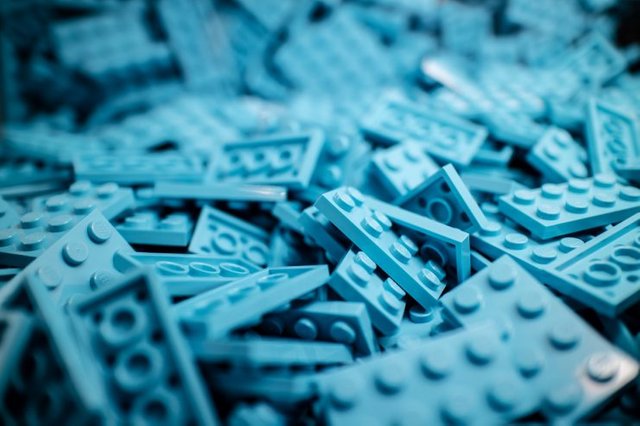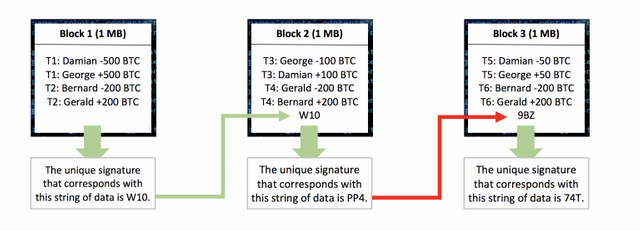
Blockchain is a relatively new technology that many consider to be solely dedicated to cryptocurrency. In fact, it can be used in many fields, be it fashion, education or healthcare. But to understand the practical application of blockchain, we first need to know how it works. And what are the essential steps to create a blockchain.
Why create a blockchain: the areas in which it can be applied
When the Internet was massively adopted in the early 90s, every economic sphere tried to apply it to their business. However, many have not succeeded in this transition, as can be attested by the millions of websites still online that are never visited or even used by their developers.
We are currently witnessing a fairly similar situation with the most innovative technology of the decade: blockchain. Widely used in the field of monetary exchanges, and the creation of crypto-currencies, the blockchain can actually impose itself in other sectors than finance.

An attempt to exclude the human factor is one of the reasons why blockchain has emerged. This is why the industries that can benefit from blockchain implementation are those that rely heavily on human activity and suffer the most from human error, such as finance.
Fintech is dealing with a very thorny business: money. It is in this area that the greatest fraud takes place. Fintech startups therefore aim to improve traditional financial institutions, for example by excluding the human factor from financial activities.
Nevertheless, this principle can be applied to education (and the certification of diplomas, for example), to the land field, but also to health (in order to verify the reliability of medicines).
Indeed in the previous chapter we saw what is the blockchain so I invite you to review this
What you need to know before you start coding blockchain
Remember that a blockchain is an immutable sequential chain of records called "Blocks". They can contain transactions, files, or any data applicable to your industry. But the important thing is that they are chained to each other by so-called hashes.
It should also be understood that not everyone is able to create (code) a blockchain. You should be comfortable reading and writing basic Python code, as well as understanding how HTTP requests work. You will indeed communicate with your blockchain via HTTP.
Also remember to make sure you have Python 3.6+ installed (with pip). But also Flash and its wonderful query shop.
How to create a blockchain
First, you're going to have to code the structure of your Blockchain. Either an initial empty list (to store your blockchain) and another to store the ledger – in which all future transactions are recorded. This structure will be responsible for the management of the blockchain as a whole.

Here are the technical terms and codes you need to master:
register_node () – this method will register a new node on the network
new_block () – this method will create a new block in the blockchain, copy recent transactions into this new block and erase all transactions.
valid_proof () – this code will verify that the block submitted to be added to the blockchain solves the problem.
proof_of_work () – this code will verify that the mining has given the correct proof to create the next block in the blockchain. It allows the proof to be recorded only if it is correct. Otherwise it will keep the code valid_proof () until the minors find valid proof.
valid_chain () – this method goes through the entire blockchain with the code valid_proof () to verify that the following blocks are valid.
new_transaction () – this code will add a new transaction to the list of transactions.
[last_block () – this method will return to the last block of the chain.
the different stagess to follow to create your own blockchain
Step 1: Transaction Data
Step 2: Chaining the blocks (with a hash)
Step 3: Creating the signature (hash)
Step 4 – Signing the blocks
Step 5 – Make your blockchain immutable
Step 6 – Who determines the rules of a blockchain?
Step 7: Interact with the Blockchain
to learn more about the design of a blockchain and the steps to follow please click on the following link :https://www.debat2007.fr/creer-une-blockchain/#:~:text=Comment%20cr%C3%A9er%20une%20blockchain.%20Tout%20d%E2%80%99abord%2C%20vous%20allez,dans%20lequel%20sont%20enregistr%C3%A9es%20toutes%20les%20futures%20transactions.